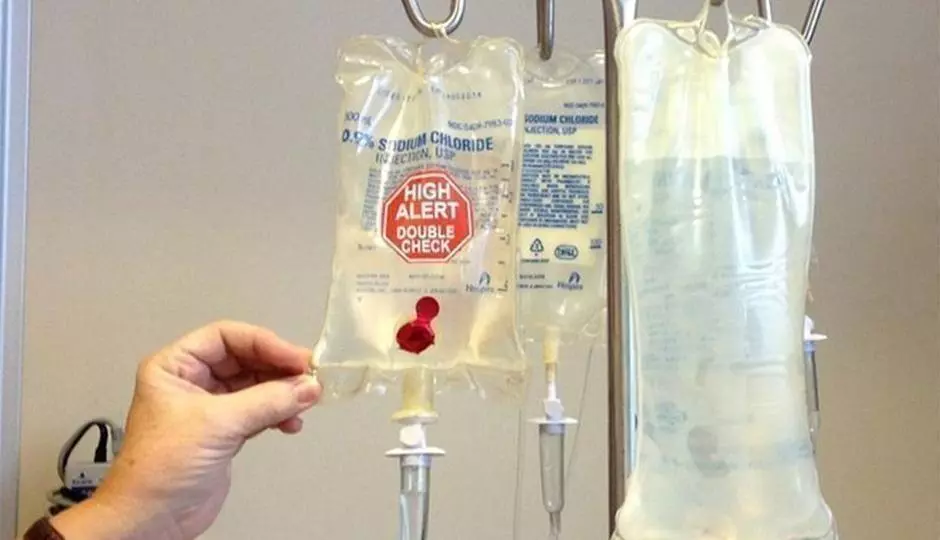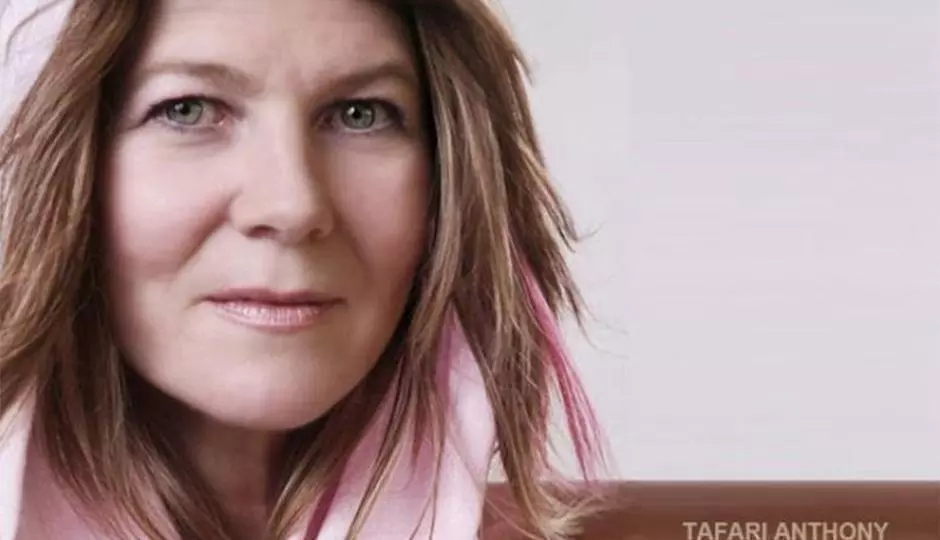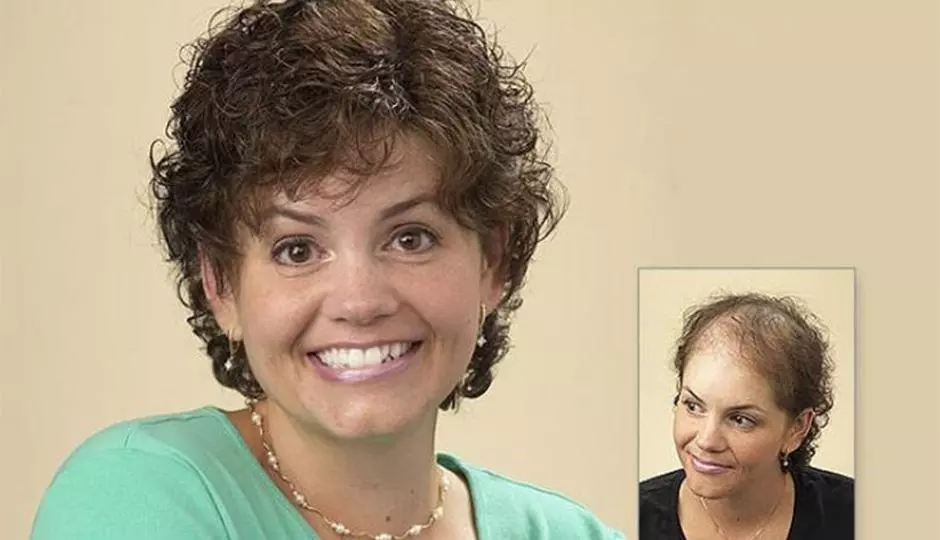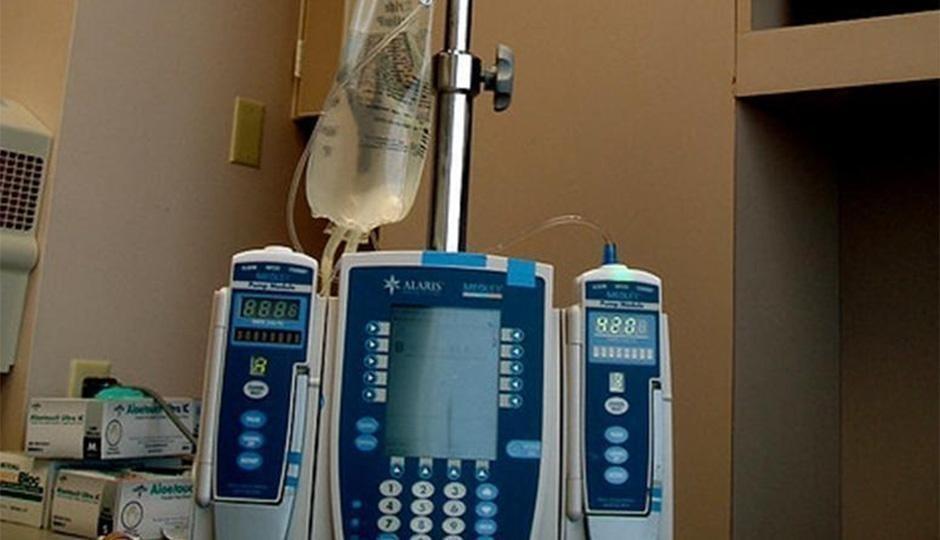Hair loss is a side effect of some cancer treatments, like chemotherapy, and it may be something that you’re experiencing if you’ve been diagnosed with breast cancer. Two common therapies, radiation and chemotherapy, both cause hair loss but in different ways. Chances are you’ll undergo one if not both of these treatments, so understanding the effects they have in relation to hair loss helps you to be better prepared.
Chemotherapy
Chemotherapy uses powerful drugs to destroy cancer cells by damaging them so that they can’t reproduce. Cancer cells divide rapidly, so those are the types of cells that chemotherapy medication targets. Unfortunately, your hair follicles also contain rapidly growing cells, which is why they are damaged like cancer cells when you have chemotherapy.
Because chemotherapy drugs circulate throughout your entire body, your hair everywhere may be affected. Hair loss begins around two to four weeks after the start of your treatment and continues until your last dose. Fortunately, it’s usually temporary.
Within weeks after the end of your chemotherapy your new hair begins to grow, and by two months you may have as much as one inch. It may be a slightly different color or texture. The faster-growing hair, like the hair on your head, comes back first, followed by other areas such as eyebrows and lashes.
Radiation
Radiation kills cancer cells by damaging their DNA so much that the cells can no longer function. Unlike chemotherapy, it doesn’t target specific cells and will damage normal cells as well. For this reason, radiation is given only to specific areas, and the hair loss you may experience is restricted to those areas.
If you have breast cancer that has not spread, your radiation therapy won’t cause much hair loss other than possibly on the armpit. If your cancer has spread, radiation hair loss can occur to wherever treatment is directed.
Hair loss from radiation begins about three weeks after the start of your radiation treatment, and regrowth occurs at about three to six months after treatment completion.
Coping With Hair Loss
Even though cancer-related hair loss is usually temporary, letting go of something that is such a big part of your identity can be difficult. Find a support group to connect with others going through the same experience. Treat yourself to shopping trips for luxury items, such as beautiful headscarves. Even better, enjoy this chance to have fun with different hairstyles and colors by trying wigs. Who knows — you may find a new color or style that you want to keep even after your real hair grows back.
The month of October is Breast Cancer Awareness month and at New Look Institute we are donating 10% of our wig proceeds to Cancer CarePoint, a nonprofit organization that provides personalized counseling, assistance, resources & education to all Silicon Valley cancer patients, families & caregivers.
At New Look Institute we offer the finest 100% human hair wigs and hair additions in a professional and caring atmosphere. To schedule a free consultation, contact us today!
Photo Credit: klbz Via Pixabay
Sources
http://www.breastcancer.org/treatment/chemotherapy
http://www.mayoclinic.org/tests-procedures/chemotherapy/in-depth/hair-loss/art-20046920
http://www.breastcancer.org/tips/hair_skin_nails/hair_loss
http://www.breastcancer.org/tips/hair_skin_nails/regrowth
http://www.mayoclinic.org/tests-procedures/chemotherapy/in-depth/hair-loss/art-20046920
https://www.cancer.gov/about-cancer/treatment/types/radiation-therapy/radiation-fact-sheet







